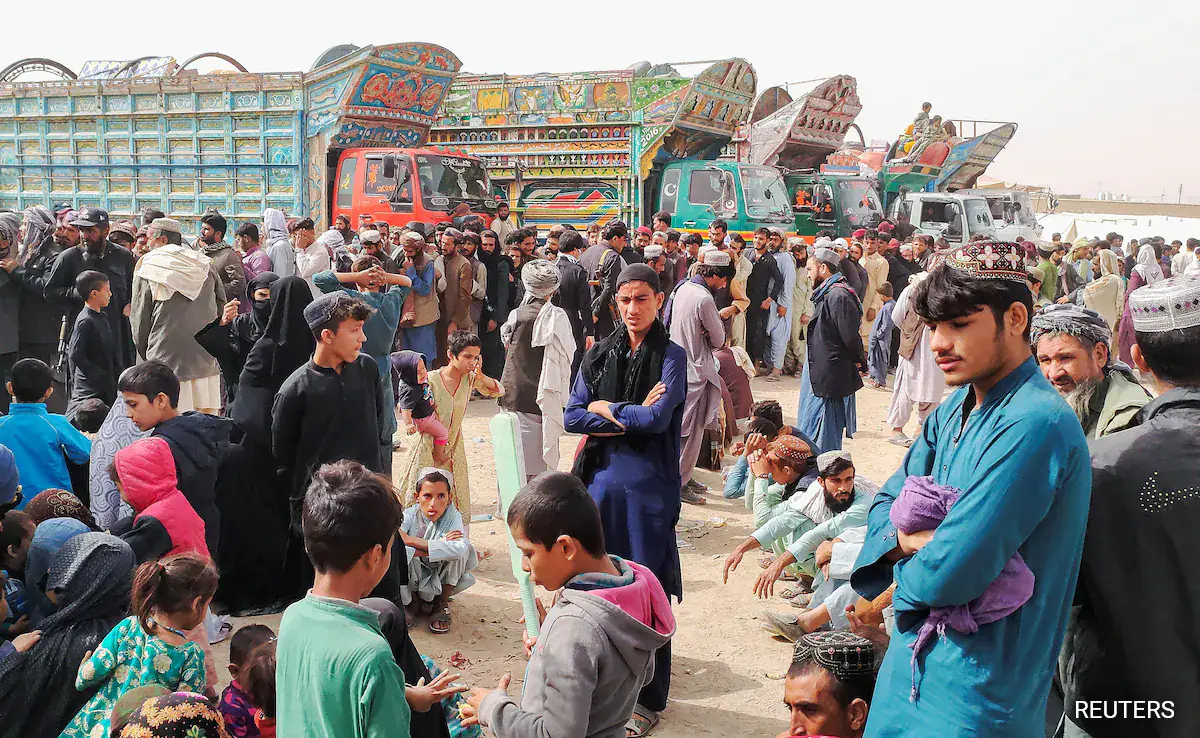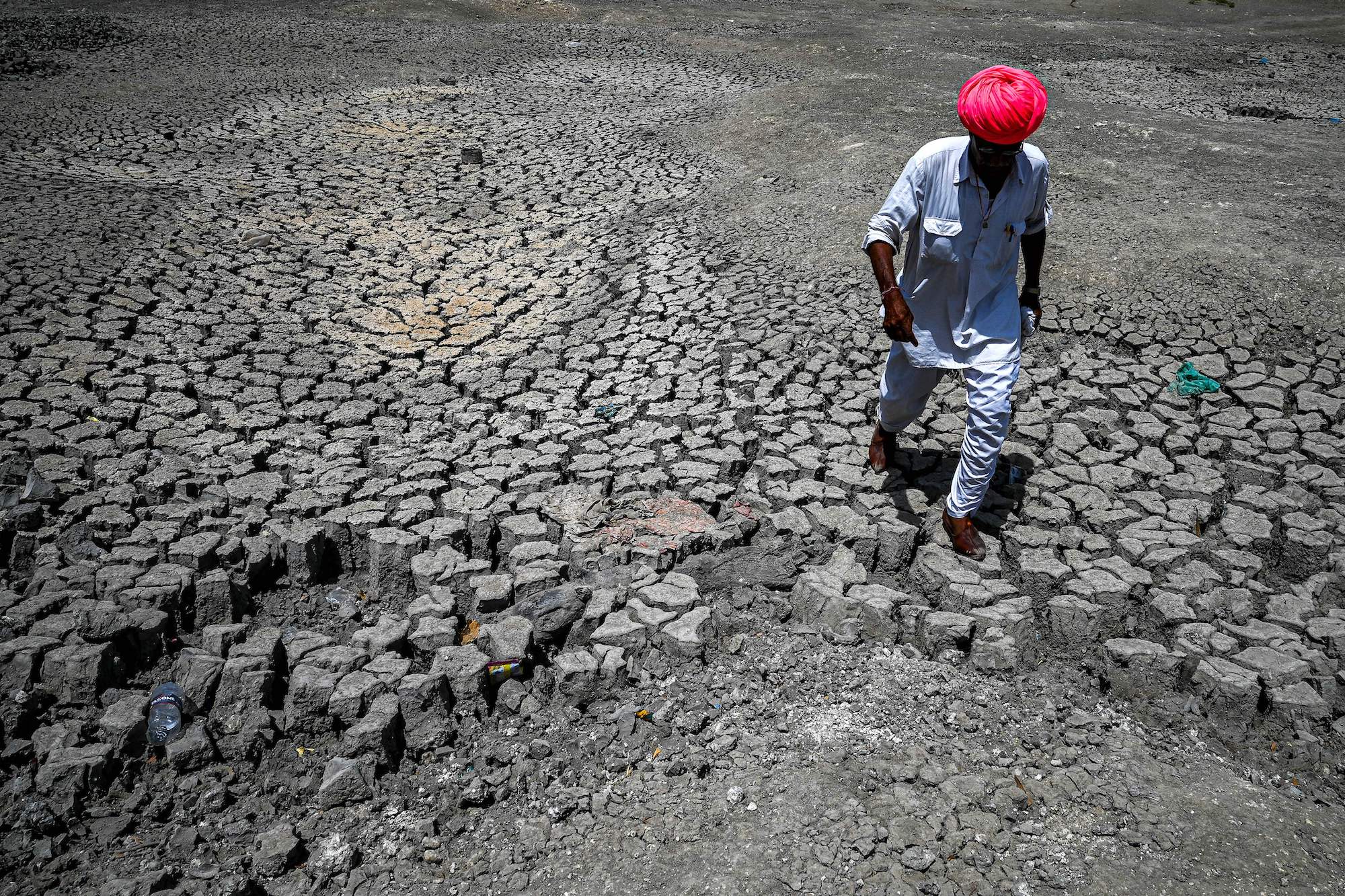Surprisingly, on October 3, Pakistan’s interim administration issued a harsh 28-day ultimatum, requesting that anyone whom it deemed to be “illegal immigrants” vacate the country. This opened the door for mass deportations to begin on November 1. This decision primarily targets the 1.73 million Afghans living in Pakistan, the majority of whom have not been able to get official refugee status.
UNHCR estimates place the current number of Afghan refugees in Pakistan at around 3.7 million, with 700,000 of them having left Afghanistan following the Taliban’s takeover in August 2021. Unbelievably, 1.73 million of these refugees are said to be living in Pakistan without the required paperwork, which leaves them defenceless and without many options for requesting asylum.
Ministers and officials from the Taliban have sharply criticised the decision and the Pakistani government’s unyielding stance against illegal Afghans. Afghan Defence Minister Muhammad Yaqoob denounced Pakistan’s expulsion of Afghans on October 5, calling it “unjustifiable and inhumane.” Concerns over the possible humanitarian disaster brought on by Pakistan’s forced deportations have also been voiced by international organisations, such as the United Nations.
Pakistan defends these deportations by claiming that 14 of the 24 suicide attacks that have occurred in the nation this year were carried out by nationals of Afghanistan. But Pakistan hasn’t been able to back up these accusations with hard data, which has people wondering if there’s more going on than meets the eye.
A thorough investigation reveals that the Pakistani government’s action is motivated by more than just allegations of illegal Afghans engaging in terrorism on Pakistani territory. The fact that women and children make up over 70% of these so-called “illegal immigrants” makes this extremely clear. Rather, it seems that this action is a calculated move meant to put pressure on the Taliban government in Afghanistan. The intention is to bring the region back into the world spotlight, especially from the US, and to align the Taliban with Islamabad’s geopolitical goals.
Unlike what was first anticipated, the celebration among the Pakistani security establishment after the Taliban took control of Afghanistan was fleeting. The Taliban’s release of hundreds of Pakistani Tehrik-i-Taliban (TTP) fighters who had been detained in Afghanistan dashed hopes for an obedient government in Kabul. The Taliban’s move signalled the start of a slow decline in ties between the Pakistani government and the Taliban temporary administration, as opposed to extraditing them to Pakistan.
The TTP’s increasing violence has made things more difficult for Pakistan’s security establishment. The story of outsiders being involved in the violence has become less credible, especially the claims made by Indian agents and the National Directorate of Security in Afghanistan. Pakistan’s “deep state” has been compelled to launch a face-saving crackdown on innocent Pashtuns due to the growing number of military casualties in areas such as Khyber Pakhtunkhwa, Balochistan, and Sindh.
This new action is reminiscent of a similar edict that was made in 2016 and resulted in the forcible deportation of thousands of Afghans against their will under similar conditions. Despite assertions to the contrary, historical precedent suggests that such measures did not result in appreciable benefits to Pakistan’s internal security or economy.
Furthermore, Pakistan has continuously benefited financially from financial assistance provided by the US and Europe for the internal resettlement of Afghan refugees. United States aid to refugees and host communities in Pakistan exceeded PKR 13 billion (almost $60 million) in fiscal year 2022 alone.
Based on historical trends, it seems improbable that Pakistan’s security conditions will significantly improve following the departure of all Afghans without legal status. Individuals connected to the TTP most likely already have organised paperwork, which allows them to travel around the nation without drawing attention from law enforcement. Deportations may disproportionately impact law-abiding Pashtuns and Afghans, raising the possibility of a humanitarian crisis and escalating tensions along the borders between Afghanistan and Pakistan.
This complicated scenario may also be seen as Pakistan’s new tactic to seek more support for humanitarian initiatives from international organisations. The complex effects of this contentious ultimatum prompt considerable concerns about its intended objectives and its negative effects on the already fragile ties between Pakistan and Afghanistan.
In conclusion, the recent order from Pakistan requiring undocumented Afghans to leave the country has far-reaching effects that go beyond the obvious story of resolving security issues. The government justifies its action by citing security concerns, but it is important to recognise the intricate geopolitical relationships between Pakistan and the Taliban-led government in Afghanistan. The already tense relations between the two countries are seriously jeopardised by the possible humanitarian crisis that could result from forceful deportations. Furthermore, the need for reassessing the strategy for resolving the difficulties presented by the Afghan refugee crisis is underscored by the scrutiny and concern of the international community, especially that of the United Nations. As events develop, they highlight the necessity of diplomatic solutions that put human rights, regional stability, and cooperation first when resolving the many problems that characterise this complex geopolitical environment.








